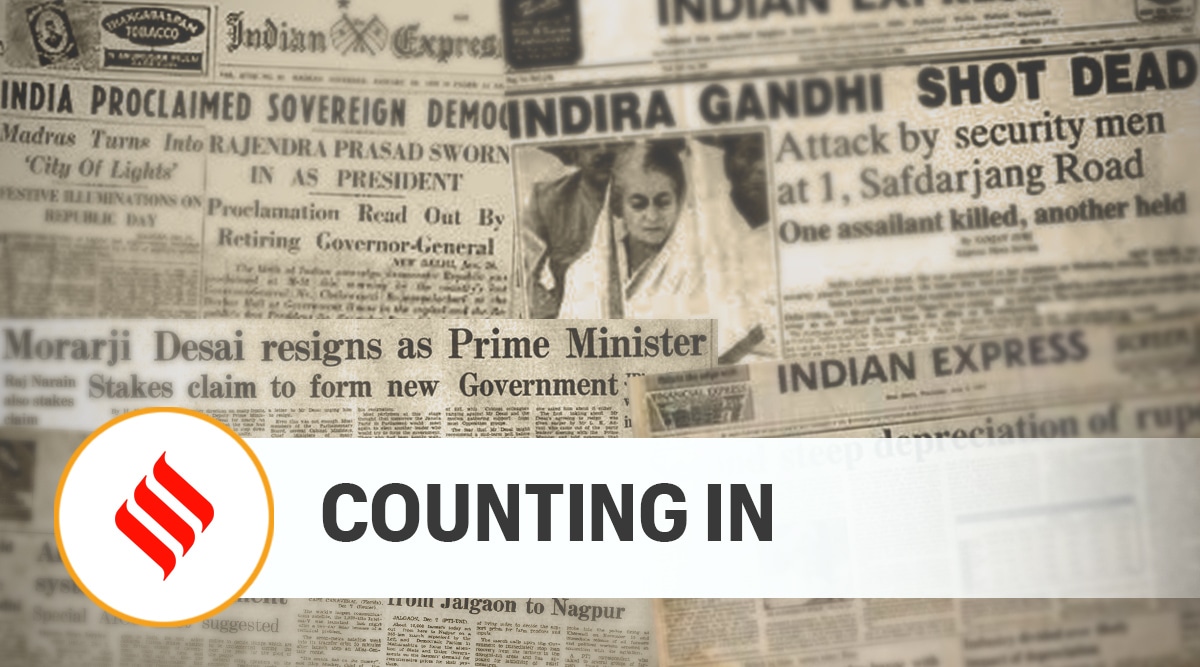 Caste is at the heart of India’s affirmative action programme.
Caste is at the heart of India’s affirmative action programme. The all-party consensus in Bihar in favour of conducting a state-level caste census suggests that the time may have arrived, nationally, to take a fresh look at an old debate. The last caste census was held in 1931, and thereafter, successive central governments have rejected the demand for counting people on the basis of their caste. National parties such as the Congress and BJP have held that the reintroduction of caste as a census category could defeat the avowed aim to weaken, if not end, the debilitating hierarchies of the caste system. However, parties that trace their legacy to the Lohiaite political tradition and the Dravidian movement have consistently argued in favour of a caste census on the ground that such an exercise alone would give a reasonably accurate picture of Indian society to politicians and policy-makers. Groups such as the Janata Dal (United) and Rashtriya Janata Dal have been at the forefront of building the consensus for a caste census in Bihar. They have a strong case.
Caste is at the heart of India’s affirmative action programme. The Constitution acknowledges discrimination based on caste and provides for instruments such as reservation in employment and education to address social exclusion. In this context, accurate caste data would help the government to design its programmes better and maximise their outcomes. As of now, policies are tailored to suit social compositions constructed on the basis of extrapolations from partial or dated enumeration. The Indian experience underlines that the eradication of the ill effects of caste can’t be achieved by observing silence over its presence and role in society. The Mandal revolution in the 1980s ushered in a fresh conversation in northern India, that radically rearranged and transformed the polity in states such as Bihar. Historically disempowered castes are now entrenched in positions of power and there are rightful demands for a more accurate picture of society and greater fairness in how resources are shared.
Notably, the BJP’s state unit has been a part of the Bihar consensus even though the central government has expressed its opposition to a caste census in Parliament. The federal push against the Union is unlikely to stop in Bihar — parties such as the DMK, TDP, SP, RPI (Athawale), Apna Dal have already spoken in favour of including caste as a category in the census. In Bihar, going ahead, and despite the apparent unanimity for now, the issue could push apart the BJP and JD(U), allies in government, further. A wider debate on enlarging OBC reservation, a contentious issue in states such as Maharashtra and Gujarat, is also possible only if clear caste data is available. So far, the BJP has also held out against caste enumeration arguably because it is a fault line that can potentially unravel its efforts to re-imagine the Hindu society as a monolith. On this issue, however, it may well find it increasingly difficult to have its way.
- The Indian Express website has been rated GREEN for its credibility and trustworthiness by Newsguard, a global service that rates news sources for their journalistic standards.

